I knew Thomas Hubbard in the early 2000’s. I was on the board of the now-defunct Washington Poets Association and had occasion to see and hear Thomas at various poetry events in the Seattle area. He was a gentle bear of a guy with a voice to match. In other words, a presence. His poetry was powerful, too. Sadly, with the demise of the WPA, I lost touch with Thomas and did not know of his battle with ALS until after he had passed. These poems by Lenora Rain-Lee Good bring him back — diminished by disease, but powerful and brave in spirit to the end. Good knows about that end because she was there when Thomas passed on his own terms in a medically-assisted death: “… And when/ you breathed your last/ as I held your hand,/ softly stroked your arm,/ I could barely form/ the words, let alone/ force sound out of my tear-/ constricted throat./ It’s over. And then/ we all cried, held each other….” Lenora Rain-Lee Good poems are a celebration of her friend’s bravery and the compassion and dedication of those who stayed with him until the end.
–Ed Stover, president, Yakima Coffeehouse Poets
Part Indian chant, part circus dirge, Lenora Rain-Lee Good Saying Goodbye to Thomas uses literature as blessing to guide her beloved’s spirit into the afterlife, and ours into the space above the earth, where fate attempts to reconcile our conflicting desires.
–Robin Wyatt Dunn, Author, If this document should survive and Death Songs
Lenora Rain-Lee Good Saying Goodbye to Thomas teaches us how to grieve through her beloved friend. Her poetry is a gift to be remembered when those we love leave us. The leaving is temporary. Lenora demonstrates through Thomas “Walks Easy” Hubbard that the living is eternal.
–Giulio Magrini, Author, The Color of Dirt
Every word a talon deep and sharp right into the heart of the reader. This book has the ruthless courage to address the dying of someone dear with eyes and heart open.
—Linda Singer, Poetry Apocalypse
Saying Goodbye to Thomas lets Lenora Rain-Lee Good honor the passing of her friend in a collection of poems that acts as memoir from several points of view—her own, that of others, and even from Thomas himself. In one such piece, she writes, “I’ve had a good life, / ALS gives no one a good death.” In many ways, this book reminds me of the film All That Jazz on the page with its multiple perspectives, various poetic techniques, and interesting assembly. As she writes in pieces such as “Guilt of the Undying,” she exposes herself as exhausted, guilt-ridden (“It’s easy to be brave//when not required”), but above all, human.
–Bill Cushing (author of A Former Life and Just a Little Cage of Bone)
In a world largely uncomfortable with death, Lenora Rain-Lee Good writes through the process of embracing grief as it approaches. “It’s so easy to be brave / when not required,” she writes, yet these poems remind us that every day, each moment, requires its own bravery—that even the rehearsals for the great performance of death demand our presence, demand that we connect with one another, insist that we open ourselves to love even though it will break our hearts—because it is the only way to live.
—Zach Hively, author of Owl Poems

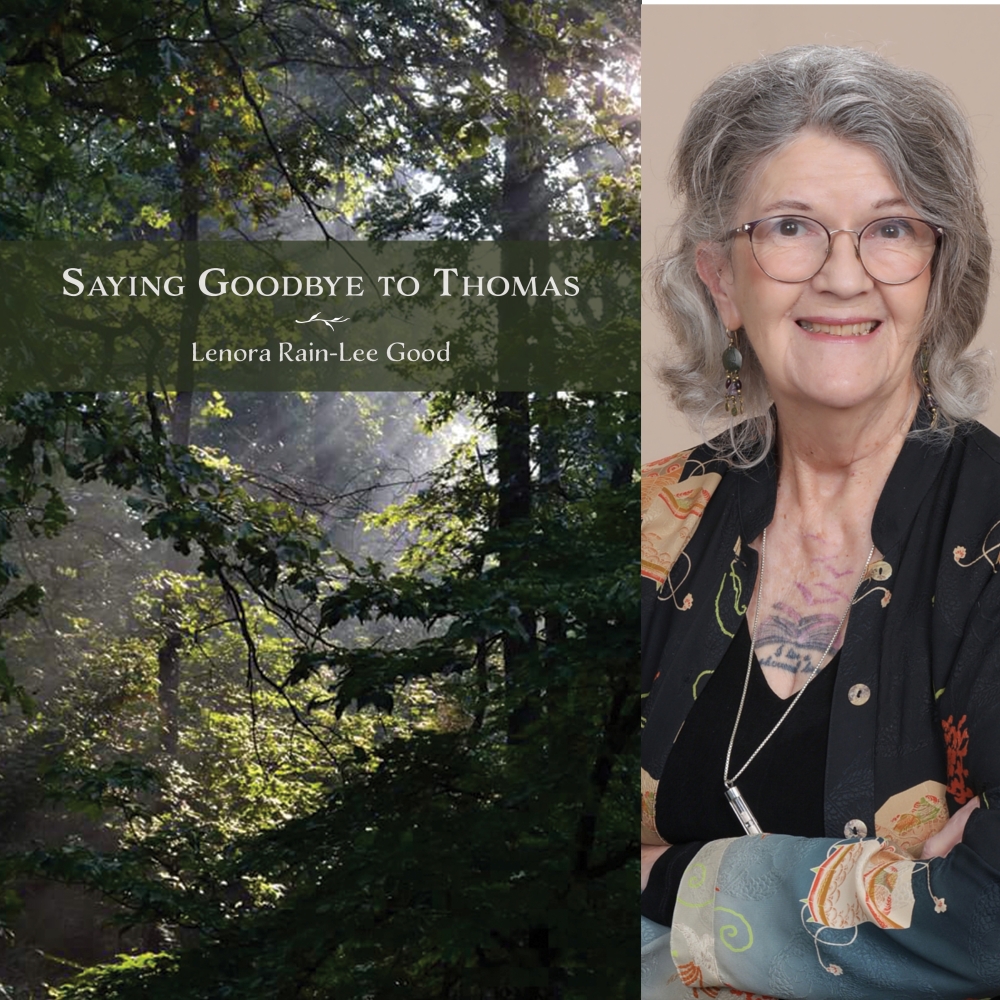
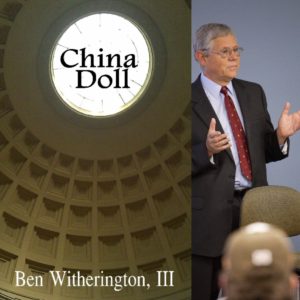
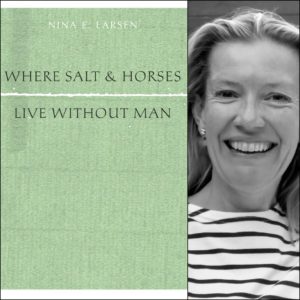
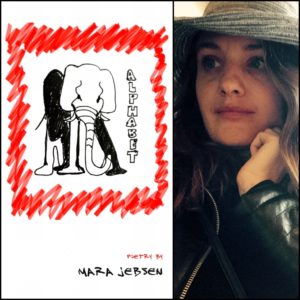
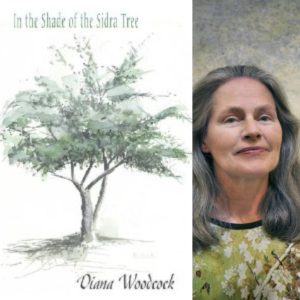
Reviews
There are no reviews yet.